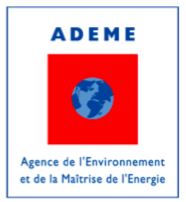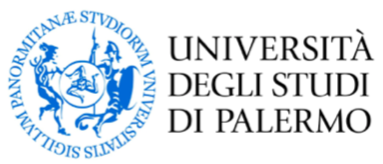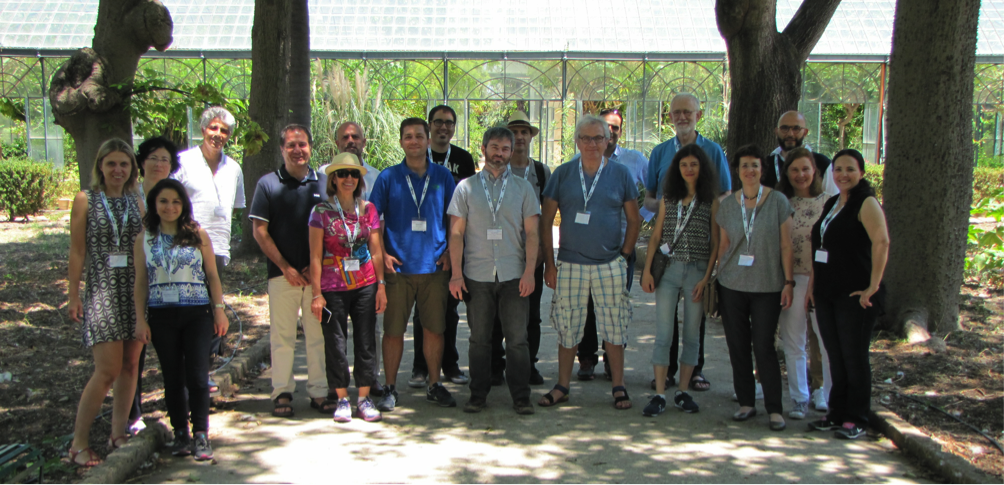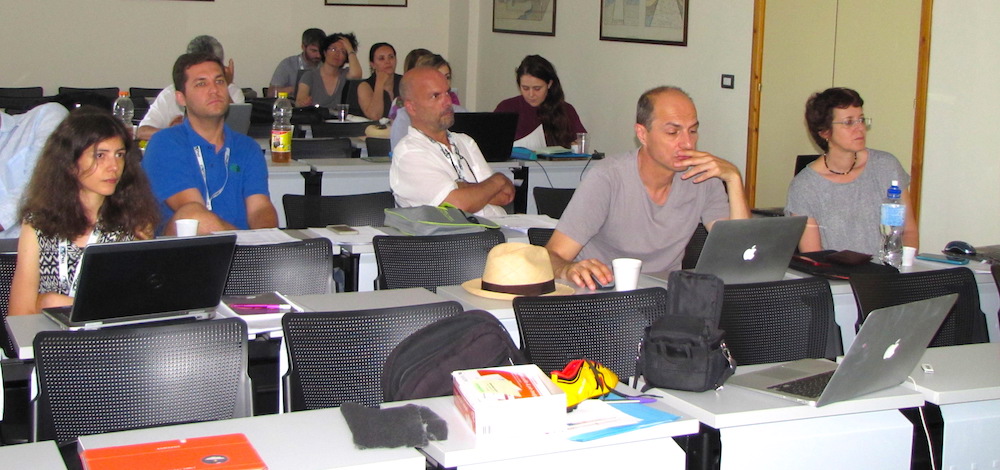Summary : During this workshop a detailed outline on the part of the first MedECC report on development, health and human security has been developed. The workshop gathered 20 participants from 9 countries.



The MedECC WG3 workshop “Development, health and human security” took place from 19 to 21 June 2017 at the University of Palermo in Italy. It was one of the three thematic workshops held between May and July 2017, to produce the detailed outline of the first MedECC report, and specifically its chapter focusing on challenges resulting from climate and environmental change in the Mediterranean.
 The workshop was co-organised by MedECC and the University of Palermo. It was funded by the French French Environment and Energy Management Agency (ADEME). 9 countries were represented among 20 participants in this workshop, including 5 participants from the Eastern Mediterranean and 3 from the Southern Mediterranean countries. The thematic scope was broad. Specialists from different fields were present, including environmental sciences (e.g. climatology, atmospheric sciences, oceanography, ecology or geology), but also social and political sciences, economics and public health, which are the themes of particular importance for this part of the MedECC report. During the workshop, three groups corresponding to the three sub-themes of the workshop worked in parallel. The results of these groups were regularly discussed in plenary sessions.
The workshop was co-organised by MedECC and the University of Palermo. It was funded by the French French Environment and Energy Management Agency (ADEME). 9 countries were represented among 20 participants in this workshop, including 5 participants from the Eastern Mediterranean and 3 from the Southern Mediterranean countries. The thematic scope was broad. Specialists from different fields were present, including environmental sciences (e.g. climatology, atmospheric sciences, oceanography, ecology or geology), but also social and political sciences, economics and public health, which are the themes of particular importance for this part of the MedECC report. During the workshop, three groups corresponding to the three sub-themes of the workshop worked in parallel. The results of these groups were regularly discussed in plenary sessions.
 A first version of the outline of this part of MedECC report was produced. Each of the three the sub-chapters corresponding to three topics (development, health, human security) will be divided into three parts: i) past trends and current state, ii) projections, vulnerabilities and risks and iii) adaptation. Past trends and current state regarding development include: i) poverty and inequality, education, demography, conflicts; ii) social aspects of development (justice, gender, cultural heritage), iii) economic aspects of development (growth, distribution, tourism, infrastructure, insurance), iv) ecological aspects of development (access to ecosystem services) and v) political aspects of development (governance). Regarding health, multi-factorial changes in health attributed to climate environmental changes will be analyzed, as well as factors of vulnerability and risk (age, gender, socio-economy status, location, public health care management, level of acclimation, level of education and awareness, changes in biodiversity and their impacts on food security). In the context of human security the large spectrum of topics include inundations, floods, fires, severe air pollution, conflicts and migration.
A first version of the outline of this part of MedECC report was produced. Each of the three the sub-chapters corresponding to three topics (development, health, human security) will be divided into three parts: i) past trends and current state, ii) projections, vulnerabilities and risks and iii) adaptation. Past trends and current state regarding development include: i) poverty and inequality, education, demography, conflicts; ii) social aspects of development (justice, gender, cultural heritage), iii) economic aspects of development (growth, distribution, tourism, infrastructure, insurance), iv) ecological aspects of development (access to ecosystem services) and v) political aspects of development (governance). Regarding health, multi-factorial changes in health attributed to climate environmental changes will be analyzed, as well as factors of vulnerability and risk (age, gender, socio-economy status, location, public health care management, level of acclimation, level of education and awareness, changes in biodiversity and their impacts on food security). In the context of human security the large spectrum of topics include inundations, floods, fires, severe air pollution, conflicts and migration.
As for projections, vulnerabilities and risks, for all the three sub-chapters, the impacts of 1.5-2 °C and of > 4°C global warming and associated socio-economic pathways will be discussed. In the case of health, the impacts include: heat/cold stress, vector-borne diseases, water-borne diseases, food-borne diseases, malnutrition and undernourishment, air quality, floods, UV radiation or mental health problems. The impacts on security will be discussed on the context of vital infrastructures (i.e. energy, defense, water provision, industry, etc.), poverty and inequalities, urban areas, institutional weakness and governance, cultural heritage and tourism.
A large amount of published literature will be reviewed to prepare this report. Similarly, to two other MedECC thematic workshops, 100 publications on the themes of development, health and human security in the context of climate an environmental change, were collected during the workshop and are available to the report’s authors through the online reference manager.
The lead authors of this part of MedECC report were identified during the workshop. Additional topics, which are not covered by the lead authors, may be covered by inviting specific contributing authors. Identification of possible contributing authors was done during the meeting and will be completed all along the writing of the report.
To conclude, it should be underlined that this report is developed as a voluntary effort of the international scientific community supported by key stakeholders. The publication of the whole report is planned for mid-2019.
MedECC WG3 “DEVELOPMENT, HEALTH AND HUMAN SECURITY” COORDINATORS
- Shlomit Paz (University of Haifa, Israel)
- Maria Snoussi (University Mohammed V, Rabat, Morocco)
- Ethemcan Turhan (KTH Environmental Humanities Lab, Stockholm, Sweden)
- Elena Xoplaki (Justus-Liebig-University, Giessen, Germany)
MedECC COORDINATORS
- Wolfgang Cramer (CNRS, IMBE, Labex OT-Med, France)
- Joel Guiot (CNRS, CEREGE, Labex OT-Med, France)
- Antoine Lafitte (Plan Bleu)
ORGANIZING COMMITTEE
- Maria Cristina Mangano (University of Palermo, Italy)
- Gianluca Sara (University of Palermo, Italy)
- Katarzyna Marini (Labex OT-Med, Aix-Marseille University, France)
- Barbara Bourlion (Labex OT-Med, Aix-Marseille University, France)
VENUE
University of Palermo, Earth and Marine Science Department, Palermo, Italy
Download the agenda and the participants list
